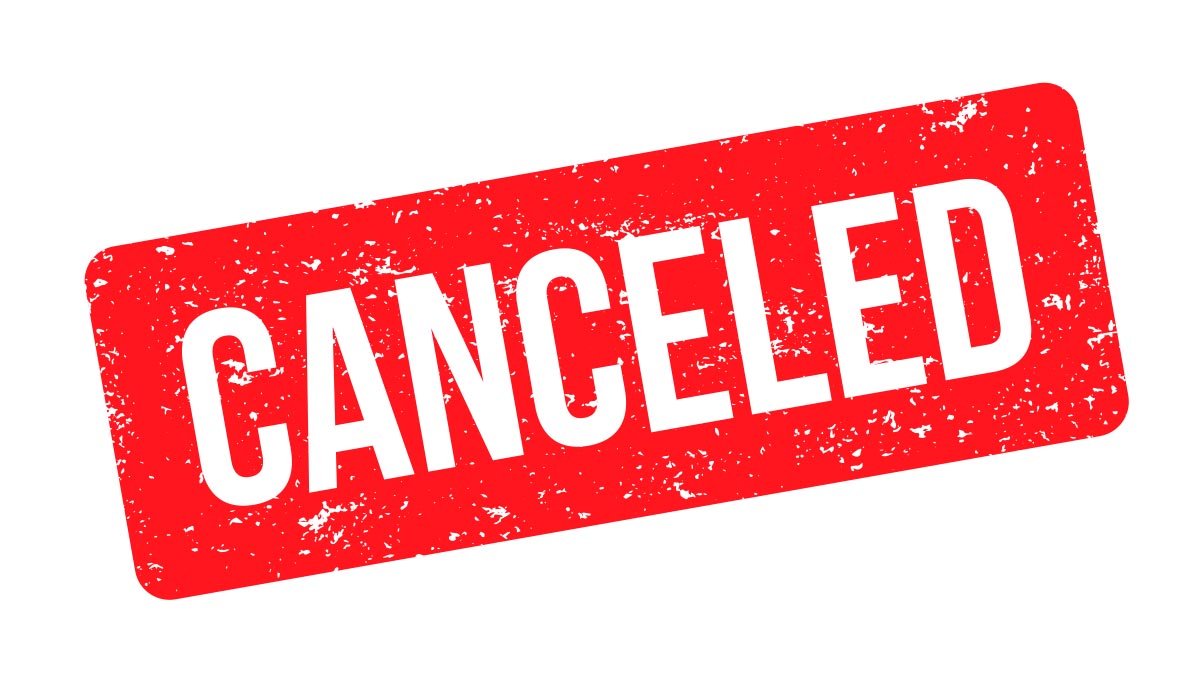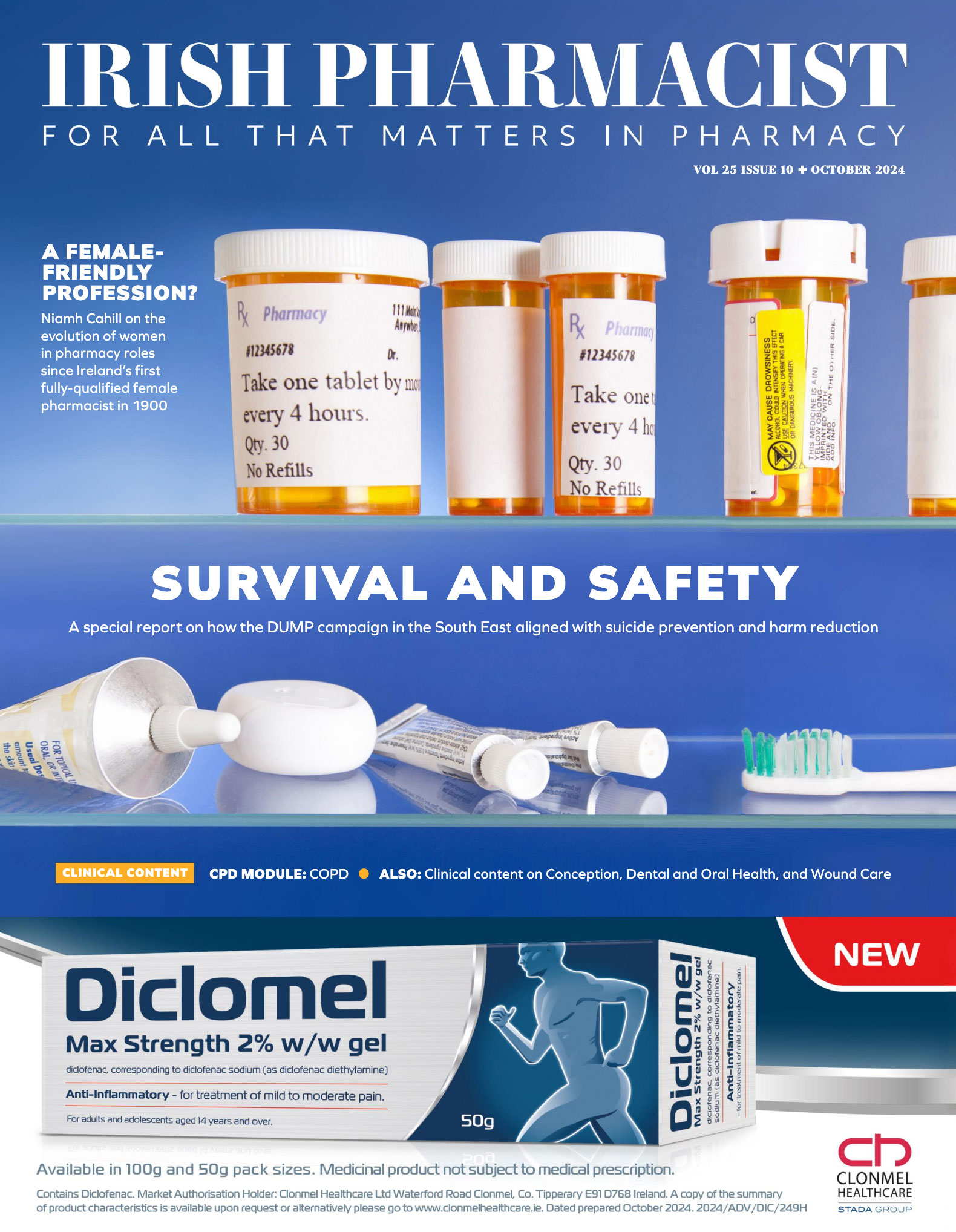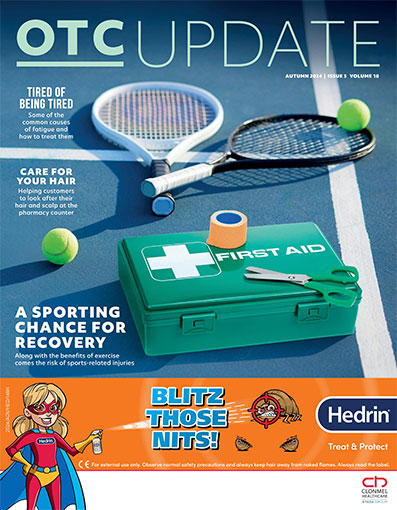Between government policy and the ‘lunatic fringe’ lies a rapidly widening chasm on the truth about Covid-19 vaccines. For most, a black-and-white dichotomy will do; Covid-19 vaccines are either safe, effective and of the highest pharmaceutical quality, or they are toxic tools of genocide. In normal times, it would be down to science to sort out the correct position – the truth. But truth is never black or white; science deals with uncertainty and nuance and labours slowly and objectively towards our best understanding of what is true and what is false.
This is how science should work. Yet something changed during the pandemic. The myriad shades of grey; the places where scientists do their best work have been erased by government and medical institutions. You are either for or against; you can no longer say, ‘it’s a bit more complicated than that’. You either tow the party line or you are a member of the lunatic fringe, with all the associated career risks.
As a pharmacist, I just want to know when I jab a patient in the next Covid-19 booster campaign that the vaccine I am administering is compliant with the quality, safety and efficacy standards that are the foundations of my profession. Is there still, given what we now know, a risk-benefits ratio that favours giving that jab?
A peer-reviewed paper was published in January 2024 by Nathanial Mead and colleagues and is challenging yet rewarding for those who took the time to study it. I cannot share the reference for reasons I will explain. The authors critiqued not only the studies undertaken by Pfizer and Moderna that secured Emergency Use Authorizations (EUA) for their vaccines but they looked also at studies published since, which adds to our understanding of the vaccines.
Vaccine efficacy, safety and quality are at the core of this paper. The authors identify concerns about the speed – seven months – in which approval was granted but they do acknowledge the significant political and societal challenges at that time.
Safety
The paper claims that serious adverse events (SAEs), including death, are much more common with these vaccines than currently accepted. SAEs fall into a number of categories: cardiovascular, neurological, hematological and autoimmune. Peer-reviewed evidence suggests there is a 35 per cent increase in SAEs in vaccinated individuals; that is one SAE for every 800 vaccinations. Authors cite a 31 per cent increase in mortality in the vaccinated compared to the unvaccinated and a fourfold increase in cardiovascular SAEs. The risk of myocarditis in young men is 2.5 per cent (2,500 in 100,000) on the second and third injections/boosters. They come to a chilling claim that the vaccine fatality rate (VFR) is 0.1 per cent. When we consider the billions who have been vaccinated since 2020, this claim needs careful scrutiny. Considering that Covid-19 is no longer a killer and even in 2021 when more deadly strains were dominant, the infection (case) fatality rate (IFR) for those under 18 years was 0.0003 per cent, so you can see the logic in calling, as this paper does, for a moratorium on booster vaccination in this age groups at least. The US still vaccinates children.
Efficacy
We all know that the mRNA vaccines are 95 per cent effective. Well, this paper suggests that efficacy is much lower. They interrogate the data from the Pfizer Phase III clinical trial involving 44,000 patients and found that 170 cases of Covid-19 were confirmed by PCR – the gold standard – eight in the vaccinated group and 162 in the placebo group. What was not known when the Pfizer paper was published was that in addition to these PCR confirmed cases there were 1,594 and 1,816 suspected – but not confirmed – cases of Covid-19 in the vaccine and control group respectively. Why these were not confirmed by PCR is unclear but they were not, it seems, tested and shown not to be Covid-19 cases. If these were all cases, the efficacy of the vaccines falls to 19 per cent, far below the 50 per cent efficacy required by regulators.
The authors also claim that repeated boosters actually make an individual more susceptible to a Covid-19 infection. They cite two studies, both at the Cleveland Clinic in the US, that looked at infection rates in clinical staff and showed that an individual with more boosters was more likely to catch Covid-19.
Quality
I confess that I did not consider the quality of the vaccine an issue, assuming that companies such as Pfizer and Moderna would get this right. There is a claim that the batch used for the Phase III study might be different from the batches subsequently released and that there is evidence of contaniments such as double-string mRNA and DNA as well as contamination from a Simeon virus 40 promoter. I am at a loss to appreciate the significance of these contaniments. What would happen if this rogue DNA gets into my cells? I suspect few fully understand but this is the basis of the claim that, at least, this new technology has the potential to cause or worsen cancer and we need to ensure proper safety testing.
Review paper conclusions
Given the evidence they present, the authors of this review paper are calling for a moratorium on future Covid-19 boosters until more details on SAEs are obtained. More so, they are calling for a moratorium on what is essentially an untested technology (mRNA). Interesting, the authors point out, that these products are not vaccines. A traditional vaccine introduces an antigen into the body which, in turn, triggers an immune response. The mRNA technology, as biologicals (or pro-drugs), transport mRNA into cells via a lipid nanoparticle delivery system and drive production of the antigen (spike protein) on the cell surface which triggers the immune response. This tech has been around since 2014 but has never been properly safety-tested; then the pandemic provided the perfect opportunity to use it, but with many regulatory safety steps omitted. The vaccines were never tested in pregnancy, the elderly or children.
What has been the reaction?
On February 28, 2024, the paper was retracted and taken down from the Cureus website. The SciCheck website, a fact-checking group, posted what might pass as a counter to the paper’s conclusions – this consisted of restating the current government position that the vaccines are very safe and highly effective and have saved million of lives worldwide over the past few years. SciCheck restates that the trials undertaken by Pfizer and Moderna were “rigorous” and that “serious side-effects to these vaccines are rare”. Interestingly, there is little attempt to counter the substantive and detailed statistical and methodological concerns raised.
Rather, there is a bizarre attempt to suggest that the journal is suspect, as it is known to publish “crack-pot papers”. Then there is a claim that the authors themselves have form as antivaxxers. In particular, Peter McCullough, an American cardiologist and the last-named author on the paper, is identified as a charlatan who still supports the use of hydroxychloroquine as a Covid-19 treatment.
Eight reasons are given for retracting the paper including that it misrepresented all-cause mortality and that it claimed that the “mRNA vaccines did not undergo adequate safety and efficacy testing”. Well yes, this is the core of the paper’s claim and it is difficult to argue with given the methodological breaches and statistical manipulation identified.
In addition, a medical blogger, Dr Boz (Dr Annette Bosworth), was censured by YouTube for merely discussing the paper. It claimed she was spreading false information about Covid-19. I watched the offending blog and she gave an honest review of the paper and was very true to the science.
Where do we stand?
Following the science is not as easy as we think and has somehow become almost impossible when it comes to Covid-19. It is difficult for those of us who provide vaccines to make a professional decision in the best interests of our patients if scientific discussion is blocked when it conflicts with government guidance and policy. I was always – and I still am – a strong advocate for vaccination generally. I have publicly opposed antivaxxers and I certainly don’t sit with the lunatic fringe. Based on this paper, which is now officially retracted, I would have been less likely to advise a 65-year-old to have a Covid-19 booster as, according to the peer-reviewed data, the risk-benefit ratio for the vaccines has changed and that for a 65-year-old it no longer sits clearly in positive territory. But I now cannot say that, as that scientific discourse – supported by eight independent peer-reviewers – has been cancelled.







